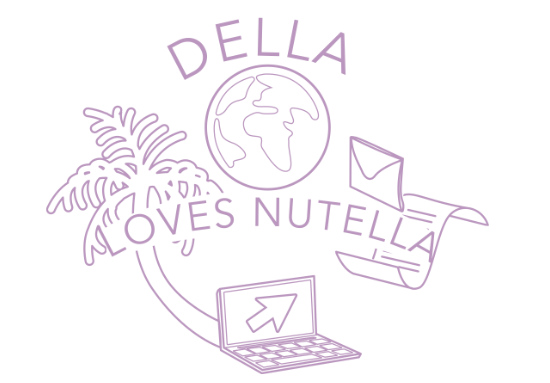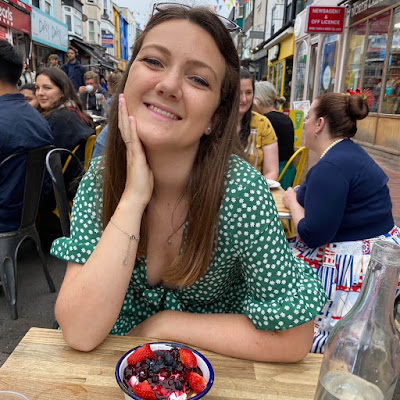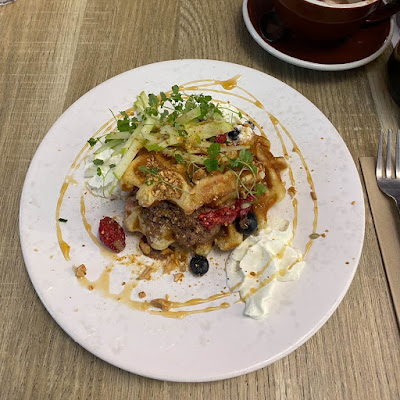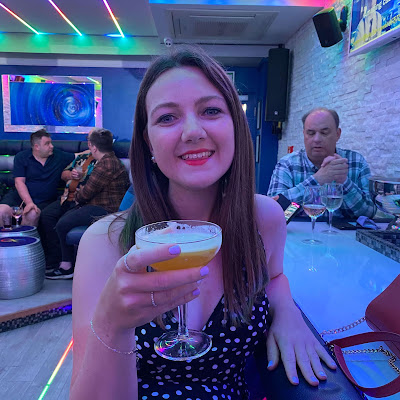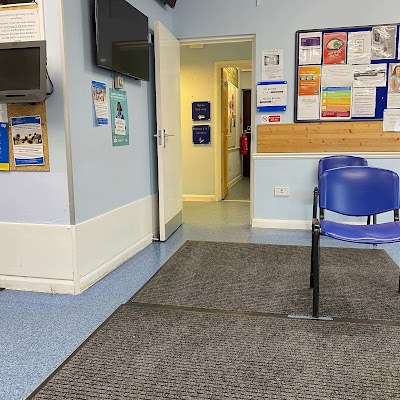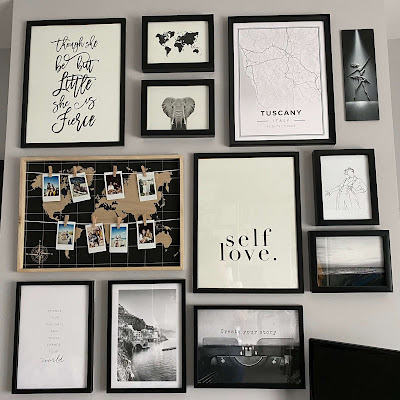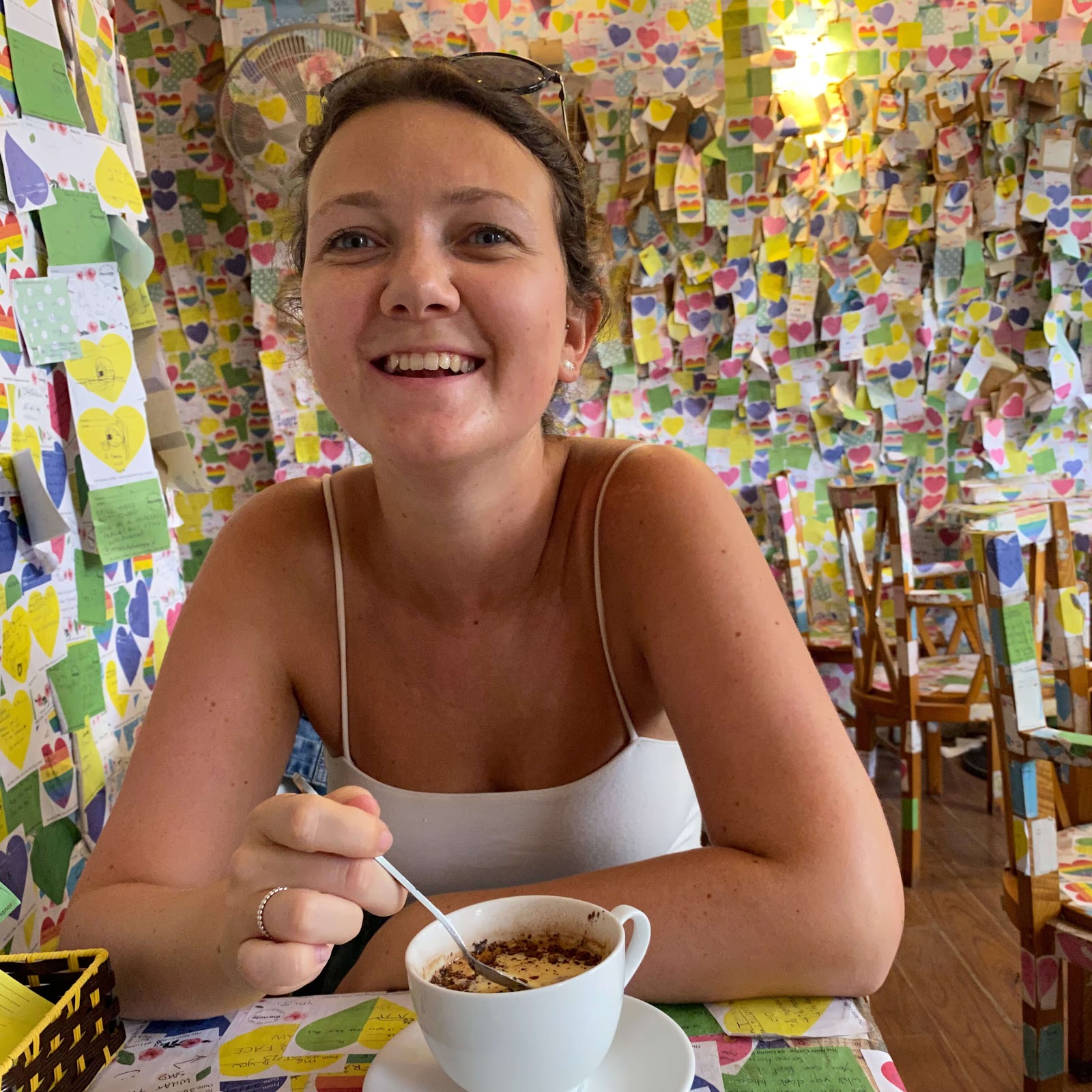Well hello to you my reader chums! I'm a big and proud feminist. I talk about it all the time, whether that's in my daily life or in posts on social media as it's something close to my heart, and something that we all need to embrace more so we can change the injustice and the lack of equality in the world - and smash the patriarchy together.
Feminism to this day is a taboo topic and I still get dirty looks, especially from men when I say I'm a feminist but I believe that's because there is a lack of education to what it actually is, what it means, and how the movement is there to help everyone, especially minority groups.
What is feminism?
Feminism is a broad term but to put it simply, the word feminism means the equality of women and men, and for women to have the same rights and privileges that men do in society. It's a term that is often branded as 'man hating', which isn't true in the slightest. The feminist movement was put in place to liberate women and give them the freedom, options, and choices that men already have in society.
Why is feminism so important?
I really wish writing this in 2021 that feminism wasn't needed anymore as by now, I would have expected the issues to be less and for women to have more equality across the world but sadly, that's not the case. And this is the main reason why feminism is so important.
The movement of feminism is important today as women are still oppressed and seen as second-class citizens all over the world, including the UK. When you look at things like healthcare, sexual assault stats, the education system, reproductive rights, the expectations put on women, the gender pay gap, arranged marriages, and even the lack of diversity in top organisations, then it becomes apparent how important it is to fight for the rights of women and other minority groups.
Feminism is so important because it's the fighting force and a movement working towards women becoming equal to their male counterparts. It's important so women can have full control over their bodies. It's important so women have the choice for their future and to follow their goals. It's important so women can get the justice they deserve. It's important so young and impressional girls/teens have role models like themselves in power as representation matters. It's important so women can be exactly who they want to be.
Examples of misogynistic behaviour in society:
Everyone should be a feminist and if you're not, you're sexist, it's as simple as that. If you don't believe women and men deserve to be viewed as equals then you're a complete misogynist. However, a lot of misogynistic behaviour isn't just lary and sexist men harassing women on the streets and only seeing them as sexual objects, it's also internalised misogyny that society has taught us from a young age.
Like all the things we've been conditioned to growing up, unlearning misogynistic behaviour and thoughts is so important so we don't project those views on our female counterparts, even if we don't realise we're doing it. Here are a few examples of misogynistic behaviour:
- Sexual harassment and violence against women - This goes without saying, but misogynistic men will control women when in a relationship as they see them as less than themselves. They'll put their sexual pleasure first, they'll put them down in any situation possible and make them feel less. Sexual harassment is hugely misogynistic as men or those performing it will only see women as sexual objects, hence their actions.
- Mildly misogynistic language - The language we use every day may seem meaningless but it's impactful in the long run. For instance when we say things like 'man up', it promotes the idea that men are strong and women are weak. Or when things are deemed as 'girly', it's always made out to be a bad or weak thing just because it's associated with women.
- Overly sexualised language towards women - Sexualised language is never okay but women always seem to get the brunt of it being branded as 'sluts' or 'whore', and it paints us in a shameful manner.
- Objectification of women based on how they look - Women are always blamed for what we are wearing, we can never dress right as we'll still be objectified. Whether it's by being catcalled in the street when we're in jeans or photos being taken of us when we're in a bikini, our bodies can never just be viewed as bodies but always as sexual objects. Everywhere we look, women's bodies are objectified from headlines to teenage girls being told to not 'show their shoulders as it distracts boys' at school.
- Criticism of women's sex lives but not men's - This one has become more apparent as I've gotten older. But men are always praised by how many people they've slept with, whereas women are seen as less and shamed for it - and it makes us 'undesirable'.
- 'Feminism' considered a negative term - How many times have you said I'm a feminist and you receive negative comments or looks? It has happened to me way too many times as standing up for women's rights is still seen as a bad thing, and an unnecessary thing, as a lot of misogynists don't want women to have their place in society. They would rather we stayed in the background than let our voices be heard.
- Jokes about sexual abuse towards women - Rape jokes make me feel sick and are not okay in any instance, yet in lad culture, they are normalised. These types of jokes are what stop women from coming forward for the sexual abuse they've experienced.
- Pink tax - A more systematic problem is pink tax, gender-based pricing, which is an upcharge for products intended for women. This can be across any cosmetic style product including razors - that's why women's razors always cost more than men's.
How can we be better feminists?
I'm not a perfect feminist in any way and every day I learn something new on how I can do better and how I can continue to be an activist. Nobody is the perfect feminist but there are many things we can do to grow as people and strive to reach towards the goal of equality and dismantling the patriarchy.
Read feminist literature
There are two things I mean by this. Firstly, read feminist literature that teaches us about feminism, what there is to know, and how we can do better as a society by standing up for the rights of others and being an ally. There are many books that I love for this including Invisible Women (a mind-blowing read), The Guilty Feminist, Women Don't Owe You Pretty and Feminist's Don't Wear Pink and Other lies.
I also mean to read more books by minority authors including women, people of colour, those from the LGBTQ+ community, and generally support their work, to learn more about their perspective, through their words.
Educate yourself further
Education is key to being a better feminist as there is always something new to learn. Other than books, there are many ways to educate yourself further with being a better feminist including podcasts like The Guilty Feminist (my favourite), reading blogs, scrolling through social media, and listening/reading about women's stories. Social media especially has become a prime source of knowledge these days with most people gravitating towards it to find out information - so I would suggest following relevant accounts that work towards helping women's rights and fighting the patriarchy.
Be an ally
This is mainly directed towards the men, but being an ally towards women and helping them reach the goal of equality is what we need. Most men don't listen to women and that's why it's up to men to make other men listen and aid us in giving women a voice more. It's also up to women, those more of privilege, whether that's your status in society and race to be an ally in giving more minority groups the opportunity to amplify their voices.
We all need to support each other on the journey to equality and being an ally is the first step to that.
Spread awareness
Continuing with education and being an ally, spreading awareness is key. It's important to share women's issues in any way we can to normalise, destigmatise and help women - so all the negative and horrid things that are happening towards women on a daily basis can lessen, and be stopped in the long run. 97% of women have been sexually harassed and that needs to change.
Start a conversation with your family and friends
One way to spread awareness is by talking to the people you have around you and starting that conversation with feminism. It's those awkward and hard conversations that can really help change people's views and help them understand what feminism is all about and why it's needed.
Unlearn misogynistic language
Unfortunately, misogynistic language is used far too often, from mild terms to full-on objectification of women. The mild terms I would say are something ingrained in a lot of us as we've been conditioned to that way of thinking our whole lives and it's that we need to unlearn. When you notice yourself using or thinking about it, make a mental note. And, when you're around others doing it, point out an explanation why it shouldn't be said.
Be inclusive
Feminism is a movement to liberate women, that's what it has always been about. However, feminism is a fight against the patriarchy, which is a system generally build in favour of men but that doesn't mean it only has a negative effect on women. Be inclusive in how you think, how you act, trying to push forward the voices and storied of minority groups including women. But, also consider that the patriarchy can affect what men do and what it does for them.
The thing about feminism it isn't about hating on all men, it's about stopping men from treating women how they do and that's all a result of the patriarchy. If we all come together and see it for what it is and treat each other like equals then the world will be a better place.
Amplify women's voices
If you see a woman sharing her story on social media, share it on yours, it's that simple. Every chance you get to see where a woman wants to be heard, try and help her by amplifying her voice. The only way to make women's voices heard and to give us a voice in society is to create noise and push them forward.
I hope you enjoyed this post. What other tips do you have?
I've also written posts about consent, diet culture, sustainability and privilege, and thin privilege if you'd like to read more about those topics.
Thank you for reading <3
